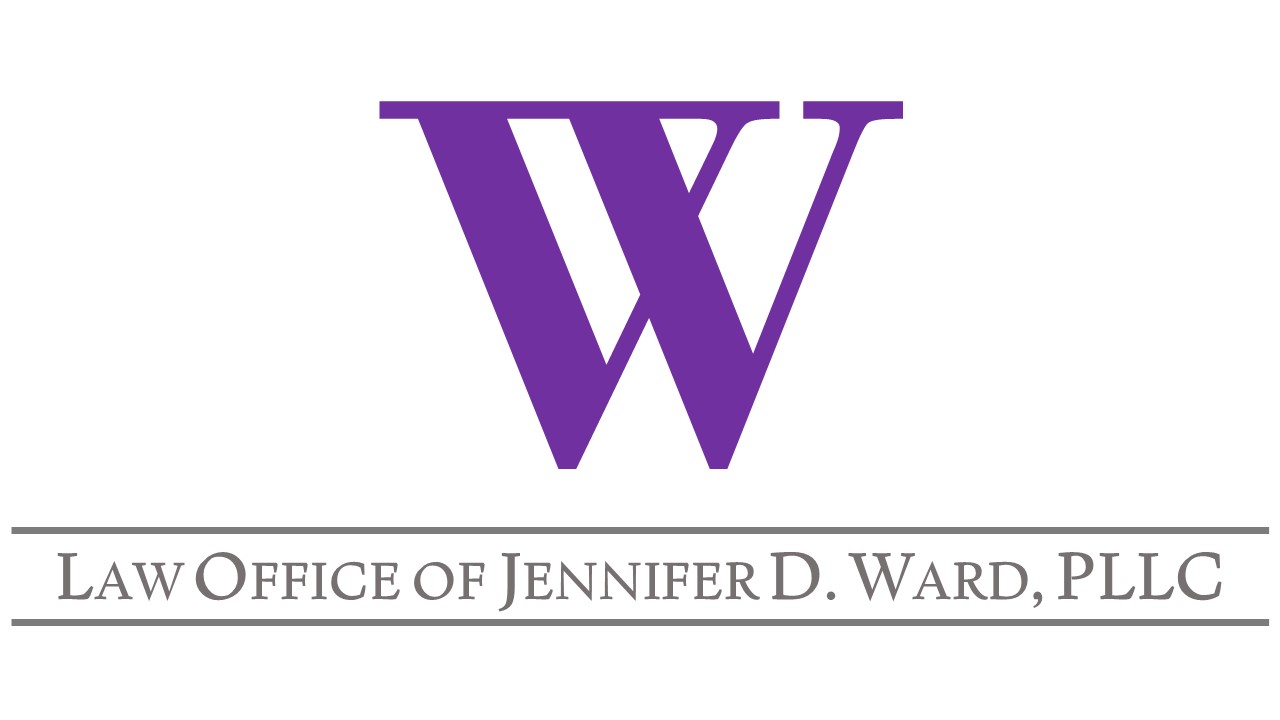Copyright laws protect a type of intellectual property referred to as “original works of authorship.” These include literary, musical, choreographic, architectural, and many more kinds of works. Copyright laws derive from Congress’ Constitutional power to ensure authors can secure exclusive rights to copy and profit from their original creations. By default, the author of an original work owns the copyright to that work. However, this default ownership cannot provide the same protection as a copyright registered with the U.S. Copyright Office. In this post we will discuss why registering your copyright with the federal government is an important step to protect your creations.
Most of the content we consume is protected by Copyright laws.
Consider your daily media consumption: The music you enjoy, the TV you watch, and the books you read are most likely protected by copyright laws (exceptions being works in the public domain.) Therefore, if someone decided to make copies of that protected content and distribute them, they would be infringing on the owner’s copyright. Unfortunately, despite owning the work, there is not much the original creator can do about this if she has not registered her copyright with the federal government. This is because a copyright must be registered before the owner can file a lawsuit for copyright infringement.
Copyright registration grants the protections most important to creators.
Along with the right to sue for copyright infringement, registration gives owners more protection for their creations. Timely registrants can sue for statutory damages. This means damages are automatic and removes the requirement that the owner present evidence proving how and how much they were harmed by the copyright infringement. They can also sue for the attorneys fees they incur in enforcing the copyright. Additionally, any registrant can record his/her copyright registration with the U.S. Customs and Border Protection Agency to help stop pirated and counterfeit versions of your work from coming into the U.S. Copyright registration offers significant legal advantages and brings peace of mind to owners.
Copyright ownership is not always clear-cut.
The first step in registering a copyright is determining who is the rightful owner. There are some cases in which the original creator of a work may not actually own the copyright. Consider a work of art commissioned by a patron. Who owns the completed work? This is just one of many examples that may cause some conflict. Because copyright laws apply to many different industries working in different mediums abiding by different standards and practices, the potential for disputes over copyright ownership is quite high. Owners who want maximum protection against copyright infringement should consult with an attorney regarding the steps necessary to register their copyright.









